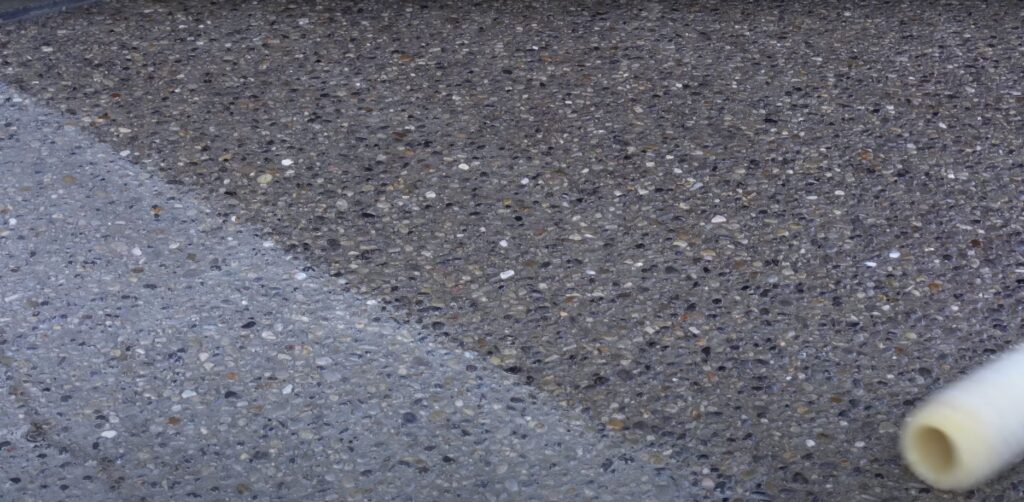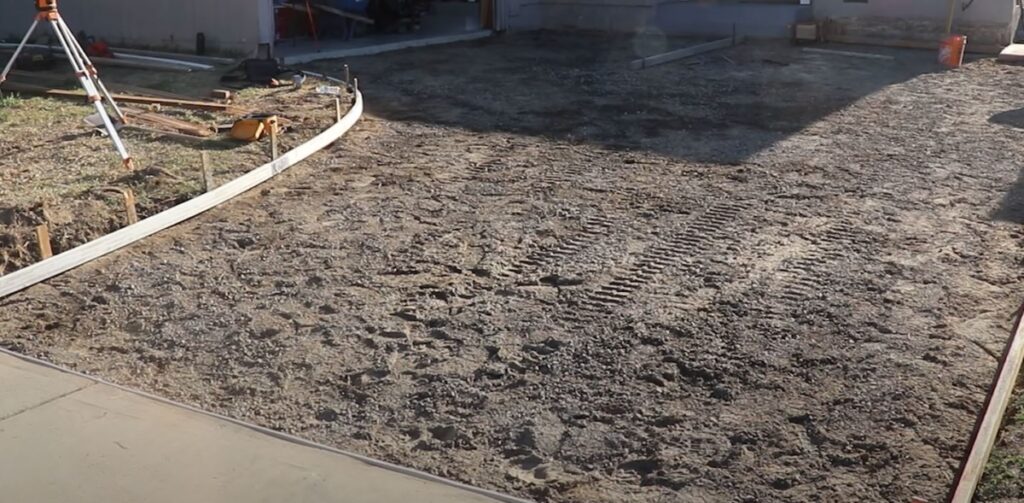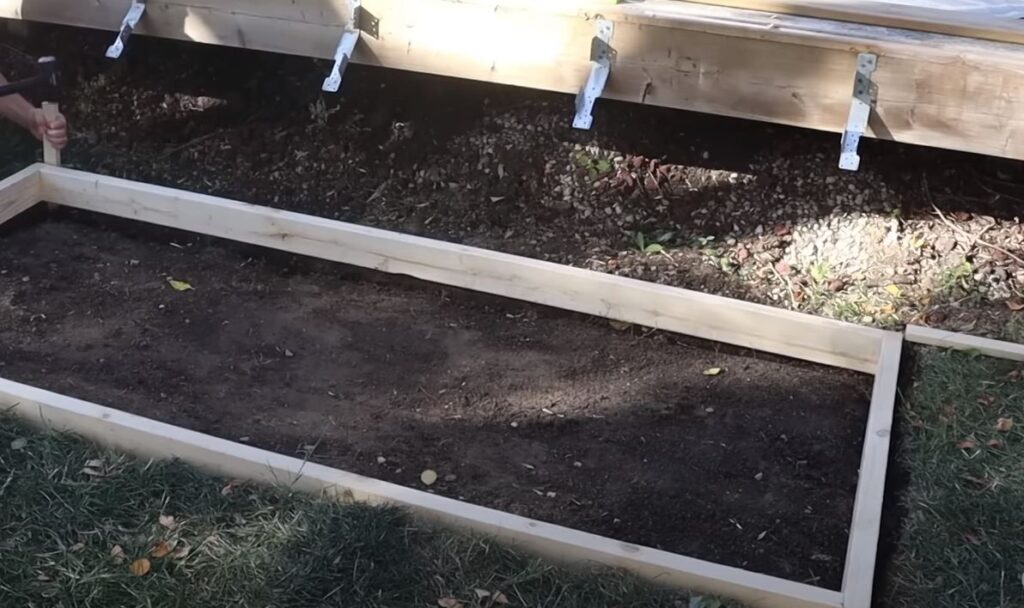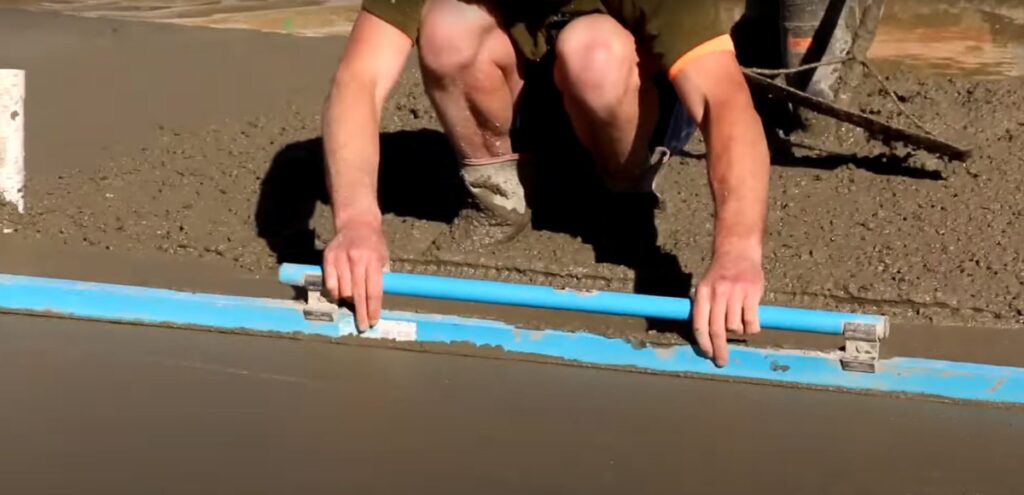Understanding the Science Behind Concrete Driveways
The Composition of Concrete
Concrete is a versatile material, comprising a mix of cement, water, and aggregates such as sand and gravel. As it dries and cures, concrete undergoes a chemical reaction called hydration, where water molecules react with cement particles, forming a hard, rock-like substance. Due to its porous nature, concrete can absorb moisture, making it susceptible to weather-related issues, especially in regions with specific climatic conditions like Auckland.
Why Sealing Matters
Sealing a concrete driveway provides a protective layer, preventing elements like water, oils, and UV rays from penetrating the surface. In areas like Chatswood, where rainfall can be a frequent visitor, unsealed driveways can develop issues like:
- Discolouration from water stains and other contaminants
- Surface damage due to freeze-thaw cycles
- Growth of mould and mildew
- Cracking due to moisture expansion
The Engineering Behind Sealants
Concrete sealants are chemically formulated to fill the microscopic pores within the concrete surface, forming a barrier. There are mainly two types:
Topical Sealers: These remain on the surface of the concrete and include acrylics, polyurethanes, and epoxies.
Penetrating Sealers: These are absorbed by the concrete and include silicates, siliconates, and silanes.
Auckland’s Unique Concrete Conditions
Auckland’s coastal climate, with areas like Half Moon Bay experiencing salt-laden winds, can exacerbate the wear on unsealed concrete driveways. Salts can penetrate unsealed surfaces, leading to efflorescence, where white, powdery residues appear on the surface. Additionally, the city’s UV levels can cause unsealed driveways to fade over time.
Safety and Sealing
Beyond aesthetics and longevity, sealing offers safety benefits:
- Slip Resistance: Sealants can be mixed with anti-slip aggregates to ensure driveways remain safe when wet.
- Chemical Resistance: A sealed driveway is more resistant to chemicals, reducing the risk of surface damage from accidental spills.
Sealing Exceptions and Considerations
While sealing offers numerous advantages, certain scenarios might not necessitate it:
- Age of the Driveway: Newly laid concrete needs to cure adequately, typically for at least 28 days, before sealing.
- Existing Seal: If a driveway has been previously sealed, it’s essential to ascertain the type of sealant used, as not all sealers are compatible.
Engaging Experts: Professional Concrete Driveways Auckland
Given the technical aspects and the importance of correct application, it’s beneficial to engage experts like Professional Concrete Driveways Auckland. Their team ensures that the right products are chosen and applied appropriately, guaranteeing longevity and aesthetics for Auckland’s diverse conditions.
Comparing Concrete Driveway Solutions
| Solution | Specifications | Pros | Cons |
| Sealed Concrete | Topical or Penetrating Sealants | Durable, aesthetic, protective | Periodic resealing required |
| Stamped Concrete | Textured or patterned surface | Visually appealing | May require more maintenance |
| Exposed Aggregate | Rough surface with visible stones | Skid-resistant, decorative | Might be rougher on tyres |
| Unsealed Concrete | No protective layer | Natural look, no resealing | Susceptible to wear, stains |
Delving into the Science
The success of sealing a concrete driveway lies in the engineering of the sealant. With molecular structures designed to repel water and contaminants, sealants ensure that the porous nature of concrete doesn’t become its downfall. Whether it’s the effects of Auckland’s coastal breezes or the regular wear from vehicles, a sealed driveway, when applied with expertise, stands resilient.
Sealing Concrete Driveways: Unravelling Common Queries
Why is sealing a concrete driveway recommended?
Sealing provides a protective barrier against elements like water, oils, UV rays, and other contaminants, extending the lifespan and maintaining the appearance of the driveway.
Can a new concrete driveway be sealed immediately?
No, a newly laid concrete driveway typically needs to cure for at least 28 days before sealing.
What are the main types of concrete sealants?
The primary sealants are topical sealers, which remain on the surface, and penetrating sealers, which are absorbed by the concrete.
Does sealing make the driveway slippery?
While some sealants can increase the smoothness of the surface, many can be mixed with anti-slip aggregates to maintain grip, especially when wet.
How often does a sealed concrete driveway need resealing?
The frequency depends on the type of sealant and the driveway’s usage, but typically, resealing is recommended every 2-5 years.
Can I seal a previously sealed driveway?
Yes, but it’s crucial to determine the type of the existing sealant, as not all sealers are compatible with each other.
Is sealing beneficial in coastal areas like Half Moon Bay?
Absolutely. In coastal regions, sealing can protect the driveway from salt penetration, which can cause efflorescence or white powdery residues.
How does sealing protect against Auckland’s UV levels?
Sealants contain UV protectants that prevent the sun’s rays from fading the colour of the concrete, ensuring it retains its aesthetic appeal.
What are the safety benefits of sealing a driveway?
Sealed driveways are more resistant to chemical spills and can be mixed with anti-slip aggregates to reduce the risk of slips, especially in wet conditions.
Does sealing impact the natural look of the concrete?
While sealants can slightly darken the concrete, many penetrating sealers maintain the natural appearance, and topical sealers often enhance the colour, making it more vibrant.
Can all concrete driveways be sealed?
Most can, but driveways with certain existing surface treatments or coatings might require specific preparations or compatible sealants.
Who should I engage for sealing my driveway in Auckland?
Professional Concrete Driveways Auckland offers expert sealing services, ensuring that driveways are protected, aesthetically pleasing, and compliant with local standards.
Concrete Driveway Sealing: Essential Insights
Protection First
Sealing concrete driveways offers a robust defense against environmental factors like water, UV rays, chemicals, and salt, especially vital for Auckland’s diverse conditions.
Wait Before Sealing
For optimal results, newly poured concrete driveways should be allowed to cure for at least 28 days before the sealing process.
Sealant Types Matter
Understanding the difference between topical and penetrating sealers is crucial for the desired outcome and longevity of the sealing.
Safety Enhancements
Beyond preserving the driveway’s aesthetics, sealing can enhance safety by offering resistance to spills and providing anti-slip properties.
Resealing is Essential
To maintain its protective qualities and appearance, concrete driveways typically require resealing every 2-5 years, depending on usage and sealant type.
Compatibility Concerns
Before resealing an already sealed driveway, it’s vital to ascertain the existing sealant type to ensure compatibility and adherence.
Professional Touch
Engaging experts, like Professional Concrete Driveways Auckland, guarantees a precise sealing process aligned with local standards, enhancing the driveway’s lifespan and appeal.




